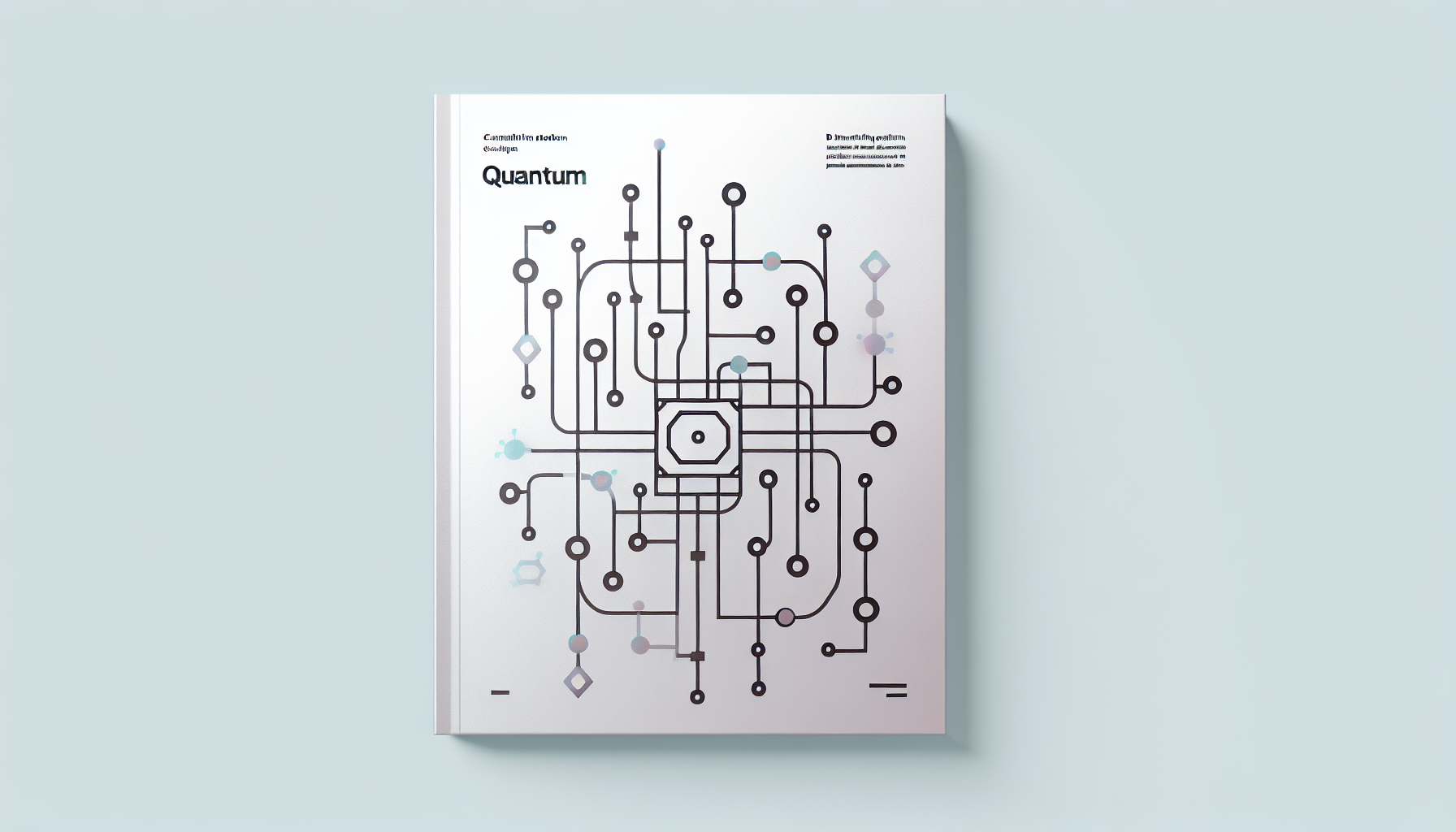Designing Future-Proof Quantum Algorithms for Practical Problem Solving
Quantum algorithm design must balance near-term feasibility with long-term adaptability and robustness.

The Evergreen Challenge of Quantum Algorithm Design
Quantum computing promises transformative advantages across cryptography, optimisation, simulation and beyond. However, the rapid evolution of quantum hardware and diverse application needs create an enduring challenge for algorithm designers: how to develop algorithms that are practical today yet adaptable and robust for future tech advances and use cases?
This article proposes actionable, future-proof frameworks for quantum algorithm development to bridge this gap for programmers, researchers, and innovation leaders.
Solution 1: Modular and Layered Algorithm Architectures
One evergreen strategy is to design quantum algorithms in modular, layered components separating core quantum routines from classical preprocessing/postprocessing and quantum subroutines. This enables easy adaptation as hardware capabilities improve.
Implementation Guidance
- Identify quantum bottlenecks suitable for near-term quantum advantage (e.g., variational quantum circuits)
- Isolate classical optimisation, data encoding, and error mitigation in separate layers
- Design interfaces between modules with well-defined APIs to swap or upgrade components
- Test algorithm modules independently via simulation and hybrid classical-quantum frameworks
<!– Example: Python pseudocode structure for modular quantum algorithm –>
class ClassicalPreprocessor:
def encode(self, data):
# Encode data for quantum circuit
pass
class QuantumCore:
def run(self, encoded_input):
# Execute quantum subroutine
pass
class ClassicalPostprocessor:
def decode(self, quantum_output):
# Interpret quantum measurements
pass
class ModularAlgorithm:
def __init__(self):
self.pre = ClassicalPreprocessor()
self.core = QuantumCore()
self.post = ClassicalPostprocessor()
def execute(self, data):
enc = self.pre.encode(data)
qout = self.core.run(enc)
return self.post.decode(qout)
Solution 2: Algorithm Agnostic Error and Noise Resilience Frameworks
Given uncertainty in hardware noise characteristics, embedding robust error mitigation and noise-tolerant design techniques that adapt to different devices is critical for long-term algorithm viability.
Implementation Guidance
- Integrate error mitigation protocols such as zero-noise extrapolation, probabilistic error cancellation
- Develop noise-aware transpilation layers to dynamically optimise circuits for target hardware
- Utilise machine learning to characterise and predict noise to adapt algorithm parameters in real time
- Design error-resilient quantum data encodings and variational ansätze
<!– Example: Pseudocode snippet illustrating noise-adaptive transpilation –>
class NoiseAdaptiveTranspiler:
def __init__(self, noise_profile):
self.noise_profile = noise_profile
def transpile(self, circuit):
# Optimise circuit gate sequence to minimise noise impact
pass
noise_profile = fetch_current_device_noise()
transpiler = NoiseAdaptiveTranspiler(noise_profile)
optimized_circuit = transpiler.transpile(raw_quantum_circuit)
Did You Know? Quantum error rates vary not just by device but dynamically over time, making static optimisations insufficient for long-term algorithm performance.
Pro Tip: Always separate quantum algorithm logic from hardware-specific noise handling to simplify future upgrades and portability.Q&A: How to future-proof quantum algorithms when hardware evolves rapidly? Focus on modular design and adaptive error mitigation that decouple algorithm intent from hardware details.
Evening Actionables
- Audit your quantum algorithm codebase for modularity; refactor tightly coupled code into isolated components
- Implement baseline error mitigation strategies that can be toggled or tuned for different hardware
- Develop simulation pipelines to validate components independently and with hybrid integration
- Monitor latest quantum device noise profiles from providers to adapt transpilation layers
For a complementary understanding of resilience in machine learning deployments that can inspire robust quantum system design, see Foundations for Resilient AI Systems: Evergreen Strategies for Robust Machine Learning Deployment.
Given the critical importance of adaptable and sustainable quantum algorithms to unlock quantum computing's potential, this foundational approach remains relevant regardless of rapid emerging technology shifts.
For further context, consult this review on quantum algorithms from Nature for deeper technical grounding.





Comments ()